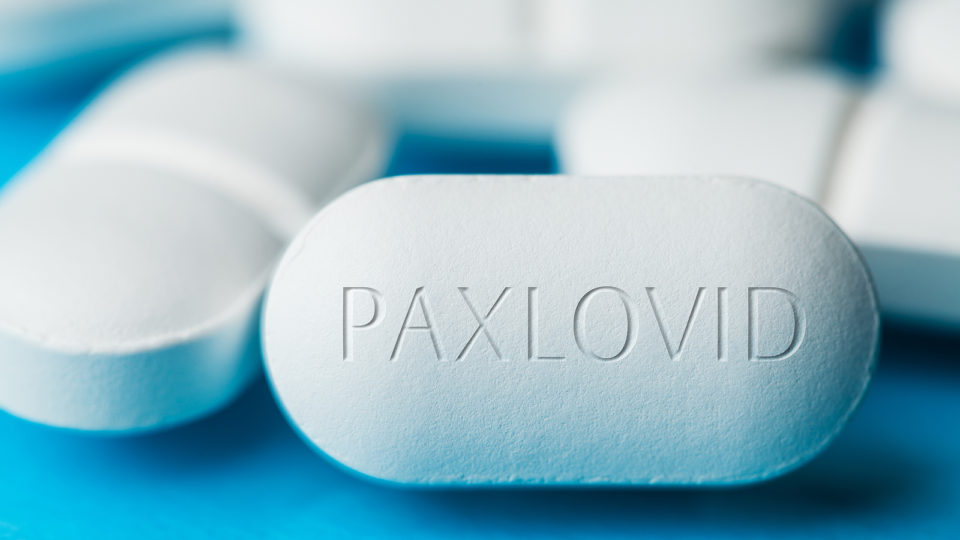
A cocktail of two antiviral substances proposed by pharmaceutical Pfizer for Covid-
was included by the Ministry of Health in the disease treatment protocols. The drug, called Paxlovid, is given in tablets for the first five days of symptoms to prevent the respiratory syndrome from evolving into a more serious condition. In other words, Paxlovid is Pfizer’s solution to early treatment
.
For a month and a half on drugs It has emergency use approval. With the new directive from the ministry, it should be made available in the SUS within six months for the elderly from 19 years and/or people with weakened immune systems. The minimum age indicated to take is years, from the body weight of 40kg.
BioNTech, Pfizer’s partner in development of the mRNA vaccine for Covid, also collaborated in the development of Paxlovid. In November, manufacturers announced preliminary results with 720 patients indicating that the drug reduces by 19% the risk of progression to a severe condition of pandemic disease.
The results with the most scrutiny came in December and were published in the journal New England Journal of Medicine
in February . Contrary to what happened with the Merck drug Molnupiravir, the “checking” of Paxlovid for scientific publication was promising. The drugs that make up the medication have complementary actions. When the SARS-CoV-2 virus enters a human cell, it induces it to produce parts that assemble copies of itself. One of the pieces is a large protein that needs to be cut into pieces in order to work. The virus carries instructions for making the molecular scissors that make these cuts — these scissors are prevented from working by nirmatrelvir, one of the components. Nirmatrelvir has been around since 960, when it was developed by Pfizer for the Asian flu at that time, which is caused by a virus related to the new coronavirus of Covid-. The other component is ritonavir, developed intended to treat infections with the AIDS virus. Its role in Paxlovid is to prevent nirmatrelvir from being destroyed by the liver before it can inhibit coronavirus scissors. It is possibly the most delicate component, as it prevents the liver from digesting specific drugs other than nirmatrelvir, so the risk of drug interaction with other drugs is substantial and medical attention should be redoubled. There are concerns being raised not about the effectiveness of Paxlovid, but about the rebound of the virus when the five days of drug administration are terminated. Since this treatment directly attacks the viral particles, it acts before the immune system can raise its own defenses, and, when absent, the presence of some still viable viral particle is enough for the virus to launch a retaliation. Furthermore, efficacy is known only among unvaccinated people, who were included in the study. Vinay Prasad, professor of epidemiology and biostatistics at the University of California at San Francisco and a critic of pandemic closure measures, expresses concern that Paxlovid’s approval may have been too quick and that the effect among vaccinees may be different. When the subject was still controversial and faced strong resistance in June 2021, to 443330231 Gazette do Povo443330231 covered proposals for early treatment of Covid-How does Paxlovid work?
Did Ivermectin die?
After the fraudulent studies with ivermectin were revealed, Scott Alexander, an American psychiatrist who practices clinically in California and has maintained a popular science blog for nine years and culture, looked into the evidence that remained in favor of drug use. In the face of studies favorable to its effectiveness, such as that of Mahmud et al., Alexander speculated that the reason ivermectin seems to work is that it could rid people of worms whose presence would be an aggravating factor in the evolution of Covid-19 . This speculation is odd, as it assumes that worms are much more common than they actually are. More parsimonious is to propose that there is some efficacy in ivermectin, even though statistical conventions such as the p-value (an indicator that the result of a study is reliable and not the result of mere chance) do not always capture it. Other science commentators previously staunch opponents of applying ivermectin for this purpose, such as the Australian epidemiologist and medical science popularizer Gideon Meyerowitz-Katz, moderated the tone and embraced the doubt. With the rise of drugs with less disputed efficacy — whether that dispute is scientific or political — like Paxlovid, we may never know with certainty maximum how much ivermectin helped.


